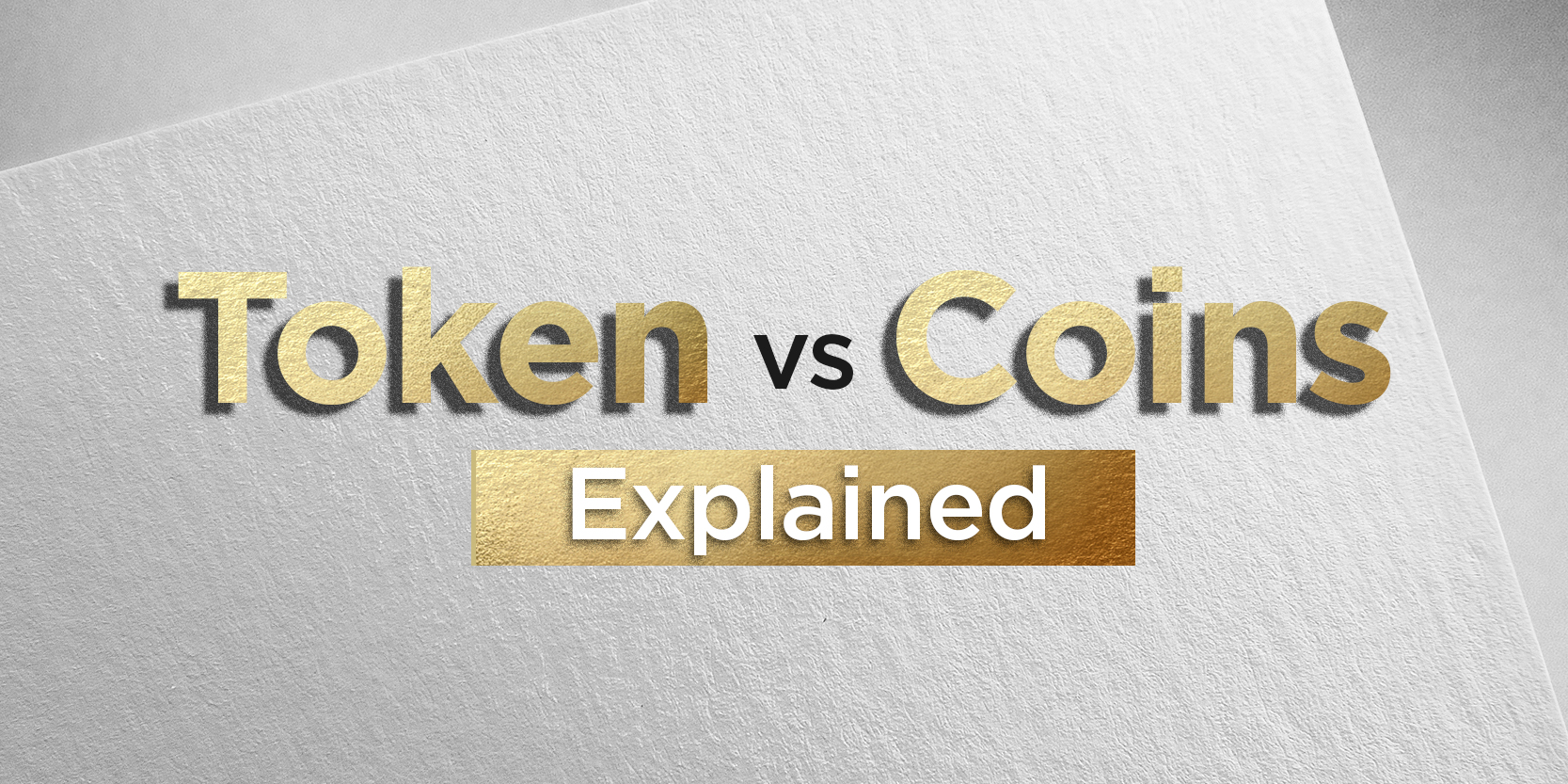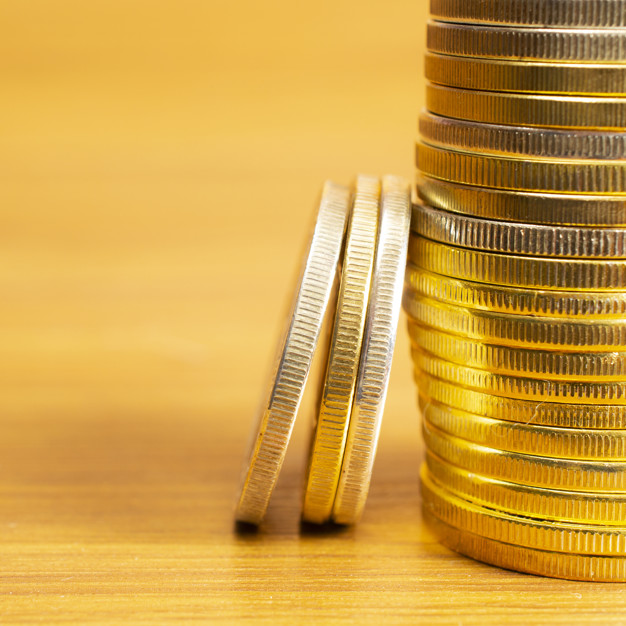
Token vs Coins Explained
Reading Time: 5 minutes
While you might see the words "coins” and "tokens” used interchangeably to refer to cryptocurrencies, there is actually a difference between the two terms. It’s important to understand which is which, especially if you’re a newbie checking out a cool new currency’s whitepaper, or if in a forum discussing a certain currency and wondering what is the difference between tetha token and Neo coins?
What is the Difference Between Tokens and Coins?
The short explanation is that coins are designed to be actual currencies i.e., digital money, and tokens are digital assets designed to facilitate transactions in a given platform. Not clear enough? Let’s dive deeper.
What is a Coin?
There are a couple of characteristics that define whether a crypto is a coin.
First off, a coin is designed to serve as a digital store of value. In other words, it is supposed to be used in the same way that we use money, and therefore has the same characteristics, namely:
-
Divisible, i.e., it can be easily exchanged for other denominations,
-
Portable, i.e., easily transportable and can be used anywhere, anytime,
-
Limited supply, i.e., the supply should be regulated and limited in order to maintain value,
-
Acceptable i.e., it has consensus, people are willing to accept its value.
Another important characteristic of a coin is that it is tied to its own public blockchain (a public ledger). This blockchain ensures that all transactions are valid and honest.
You can also send, receive, and earn coins. It is usually designed to be used for payment.
Which Coins are Most Profitable?
In terms of market cap (current market price x total number of coins), the most valuable coins are the following:
However, always keep in mind that no singular indicator is a green light to buy or invest. Always do your due diligence before buying any cryptocurrency.
What is a Token?
A token is a digital asset that can also be used as a method of payment. The main difference, however, is where it can be used. Tokens are generally used within a certain ecosystem, project, or network, and gives the owner the right to do certain actions within that network.
Aside from buying, a token can serve other purposes in an ecosystem as well. Another interesting feature of a token is that it can be built in another blockchain. For example, a lot of tokens are built on Ethereum’s platform.
Token Types
While technically, the possibilities for what a token might be or could do is endless, there are four major types of tokens:
-
Utility token - tokens that give the owner future access to a company’s services or products
-
Security tokens - tokens that represent “shares” in a company or a project
-
Stablecoins - tokens whose value are tied to other assets (e.g., fiat currency, gold, other cryptocurrencies, etc.)
-
Non-Fungible Tokens (NFTs) - rare, transferable, unique tokens that maintain a stable value and can be exchanged with each other (e.g., event tickets, domain names, game items)
-
Asset tokens - Tokens that are backed by, or correlated with a real-world asset.
Which Tokens are Most Profitable?
Some of the most valuable tokens (in terms of market cap), are:
Again, always keep in mind that no singular indicator is a green light to buy or invest. Always do your due diligence before buying any cryptocurrency. So, indeed, its you make a decision to invest in TPR stablecoin or Tetha Token.
To summarize, coins are designed and used more as a digital currency, while tokens are more of an asset within a given ecosystem. Keep it in mind the next time you see the terms used in various contexts.
Tune in to The TopCoins blog for more practical 101s on cryptocurrency terms. Monitor cryptocurrency prices using our crypto tracker.







Leave a Reply
Add comment ×